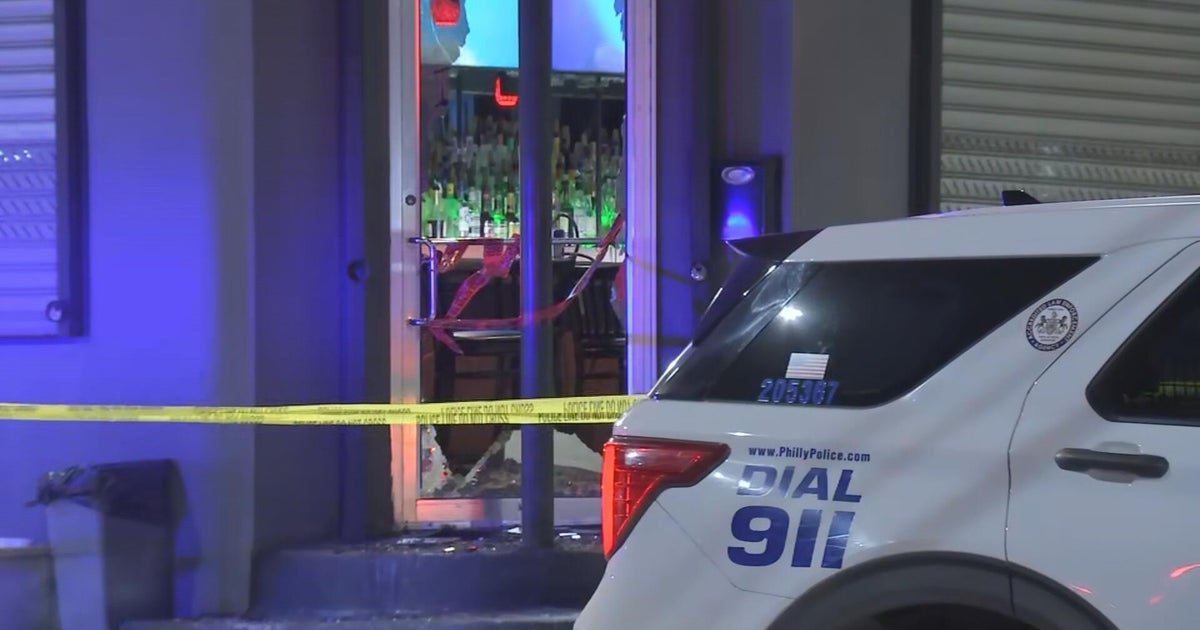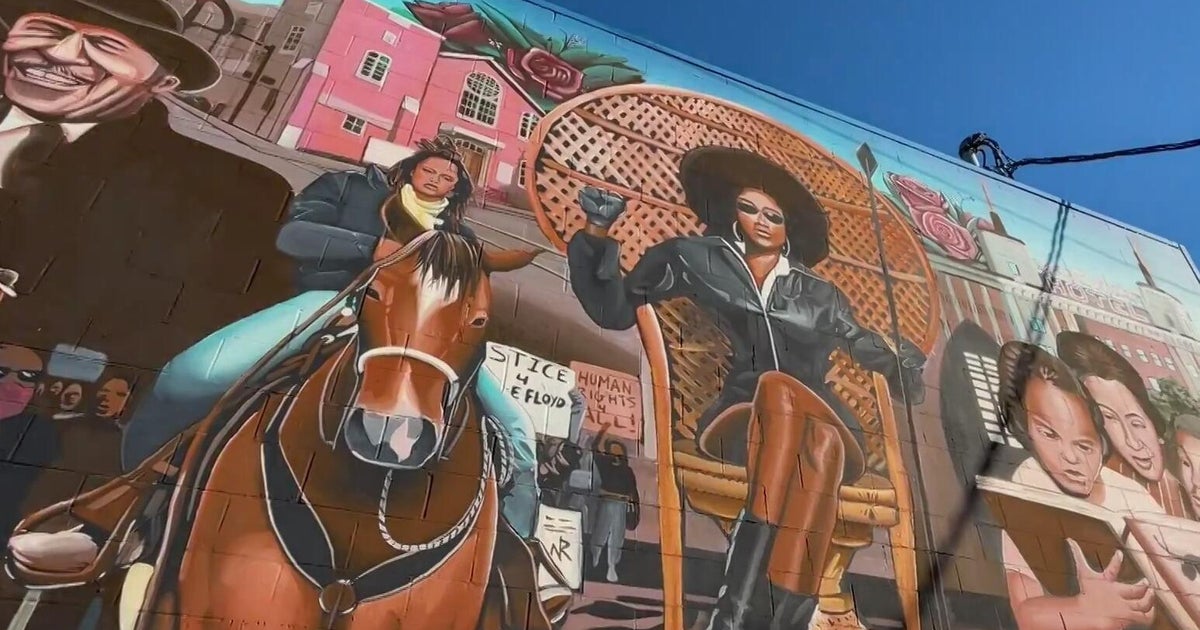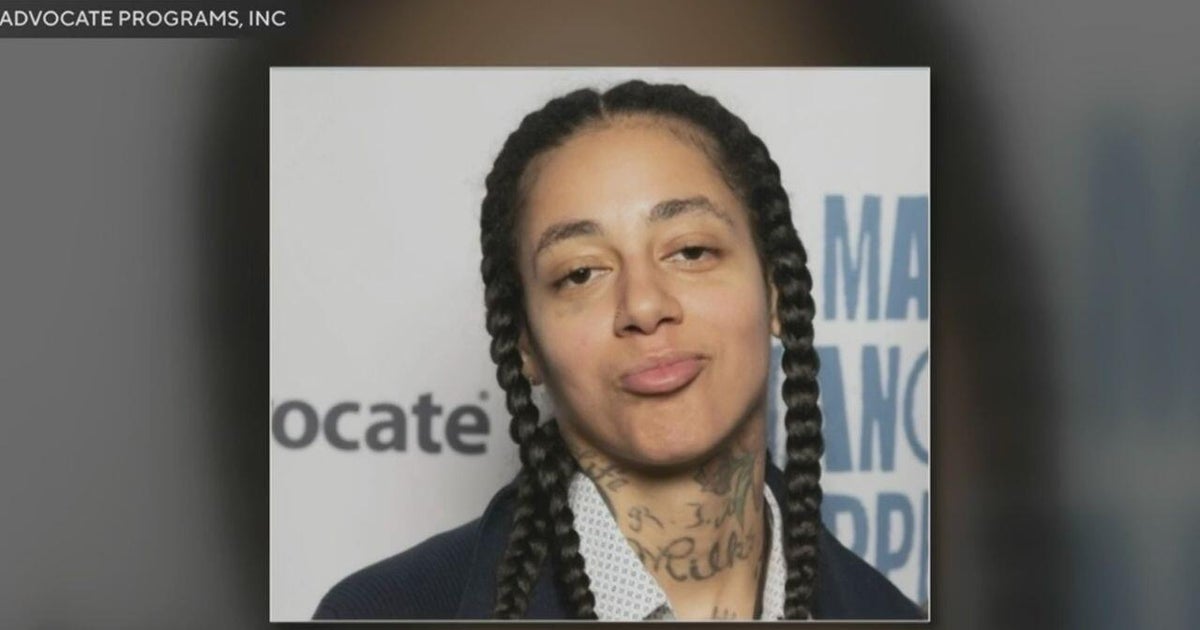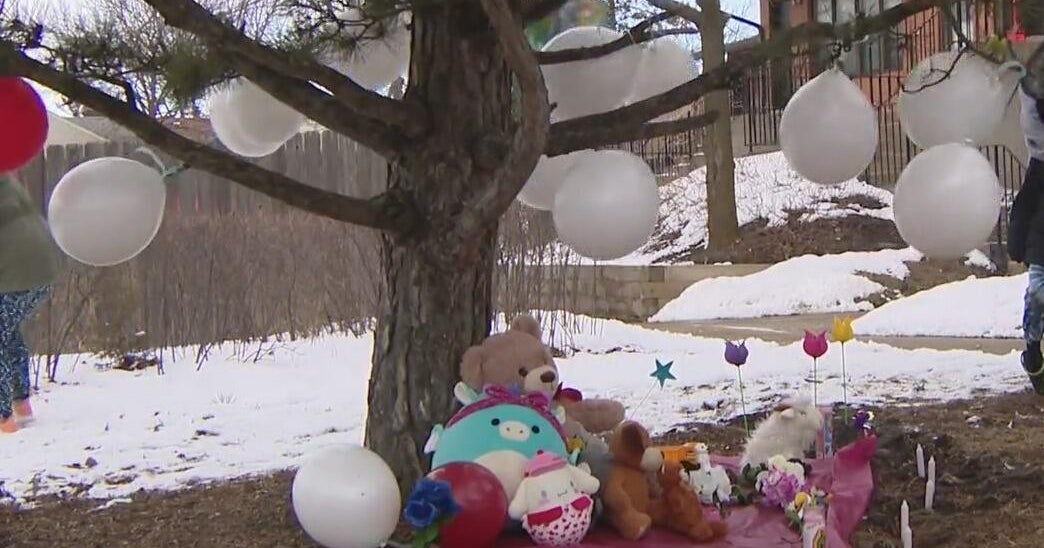Emotional Ghost Ship Warehouse Defendant Almena Breaks Down On The Stand
OAKLAND (KPIX/CBS SF) - The most anticipated moment of the Ghost Ship warehouse fire trial happened late Monday afternoon, when master tenant Derick Almena took the stand.
Almena, 49, and Ghost Ship creative director Max Harris, 29, were charged with 36 counts of involuntary manslaughter, one for each of the victims in the 2016 fire at the former warehouse, converted into an artists' collective.
Outside the courtroom, defense Attorney Tony Serra told reporters Almena was very emotional.
"And he is weeping! He is not a tough guy, he is not a criminal, he is an artist and this has destroyed him as well as everyone else," said Serra.
Inside, a very remorseful Derek Almena was so overcome with emotion, he could hardly spell his last name.
He broke down on the stand saying, "I'm tired, brokenhearted ...I'm just so sad."
When his attorney asked if he feels responsible at all for the tragedy, Almena said, "Yeah, I instigated something, built something, dreamed something. I am responsible for having this idea."
COMPLETE COVERAGE: Deadly Ghost Ship Warehouse Fire
The defense has tried to put the blame on firefighters and law enforcement who toured the warehouse many times before the fire and never reported dangerous conditions.
Serra also blasted the fire department for its response the night of the blaze, after a police officer's testimony earlier Monday.
"My god did you hear what he had to say? He said the fire department did come in the backyard but they didn't have enough hose to get in the building," Serra told reporters.
Almena testified about the condition of the warehouse when he signed the lease.
"I believed it was safe. I was told it was safe. With no waste line and no water, they tricked us ... I was misled by the landlord," said Almena.
When asked 'do you have sentiment for people who died' Almena replied, "Forever ... there are no words."
Last August, the judge tossed Almena's plea deal saying he did not show true remorse. He will be back in court Tuesday for more testimony. His attorney says he hopes Almena will be able to withstand the questioning and probing by prosecutors when cross-examination begins.
Alameda County prosecutors allege Almena and Harris are criminally responsible for the blaze because the partygoers didn't have the time or opportunity to escape the blaze since the warehouse didn't have important safeguards, such as fire sprinklers, smoke alarms and lighted exit signs.
Prosecutors also allege the pair violated the terms of the warehouse's lease, which only called for it to be used as a warehouse for an artists' collective, by turning it into a living space for up to 25 people and hosting underground music parties there.
But defense lawyers allege that the fire was an act of arson that the two men couldn't have prevented.
Earlier on Monday, a two-time felon who is a friend of Almena testified that he heard what sounded like an argument and bottles being broken shortly before a fire broke out.
Darold Leite lived in a sauna in a lot next to the warehouse, located in the 1300 block of 31st Avenue at the time. Previously, he lived inside the building for two years.
A few minutes before the fire broke out during a music party there the night of Dec. 2, Leite said, "It sounded like an argument, like a fight."
Leite, who has convictions for assault with a firearm and for receiving stolen property, said he told the people who appeared to be arguing to "knock it off or I'd get involved myself."
Leite, who did electrical work and other types of work for Almena at the warehouse, said he saw seven or eight people in dark clothes rush out a side door after the apparent argument.
However, Leite said he couldn't see their faces or tell what their ethnic background was.
Previous defense witness Sharon Evans testified last month that when she was at a nearby taco stand, shortly after the blaze started, she overheard a group of 14 to 19 men who appeared to be of Hispanic background congratulate themselves on setting the fire.
Evans said the men wore dark clothes and had hoodies over their faces.







